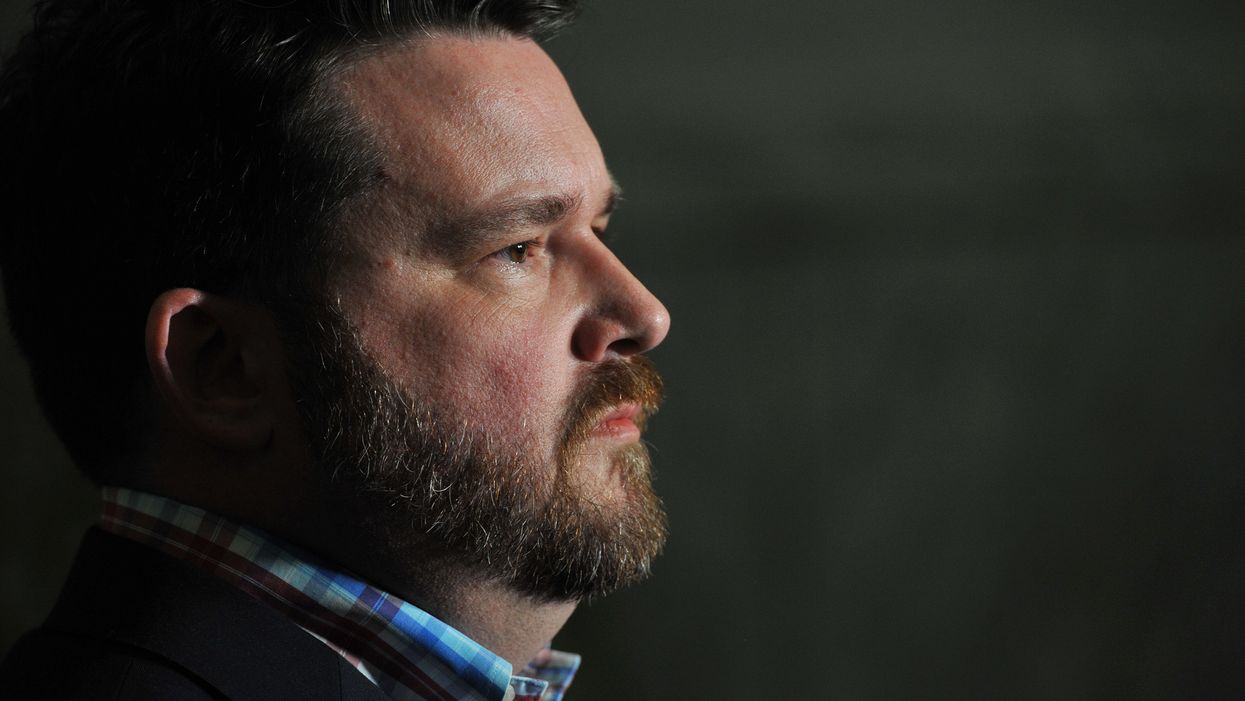Fearing a repeat of the disastrous Iowa caucuses, Nevada Democrats scrapped their plans to use similar apps to tabulate results. Instead, party officials will use a mix of old and new tech: paper ballots and Google Forms.
The Nevada State Democratic Party announced new procedures on Tuesday, just four days before early caucusing begins. Officials will check in early birds using an online Google Form that they say will track participants and streamline the process. Then early voters will fill out paper ballots ranking their top three presidential candidates, which will be scanned, organized by precinct and counted on Caucus Day.
Although Nevada is pivoting away from the apps that caused chaos in Iowa, these new procedures will hardly guarantee smooth sailing in the Silver State. Many concerns have been raised over the security of using Google Forms and whether the early caucus ballots will be accurately counted.
More than half of the predicted 90,000 caucus-goers in Nevada are expected to cast their ballots early at over 80 locations between Feb. 15-18. Early participants will be given voter cards with state-issued ID numbers and pre-generated PINs. They will then use iPads to verify their identity via Google Forms. (Paper sign-in sheets will also be available as a backup.) Party officials say this process will ensure accurate ballot counting and protect against voter fraud.
After choosing their preferred presidential candidates, voters will insert their paper ballots and voter cards into designated boxes. At the end of each early caucus day, state party officials will scan and securely store the counted paper ballots at designated processing hubs.
While candidate campaigns will be updated on how many people have cast ballots, the full election results will not be made public until Caucus Day. On Feb. 22, all eyes will be on Nevada to see if state party officials can handle the voter data from more than 1,800 caucus sites and avoid another election pitfall.




















Marco Rubio is the only adult left in the room